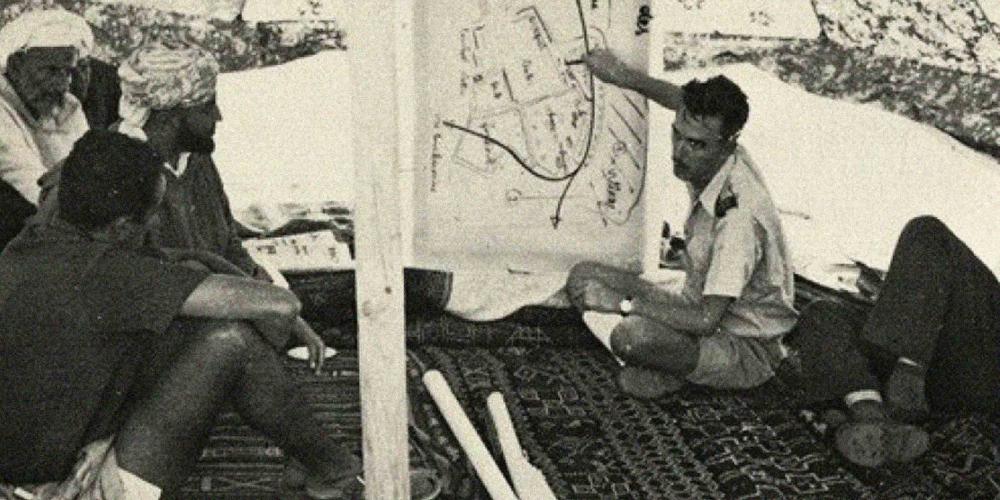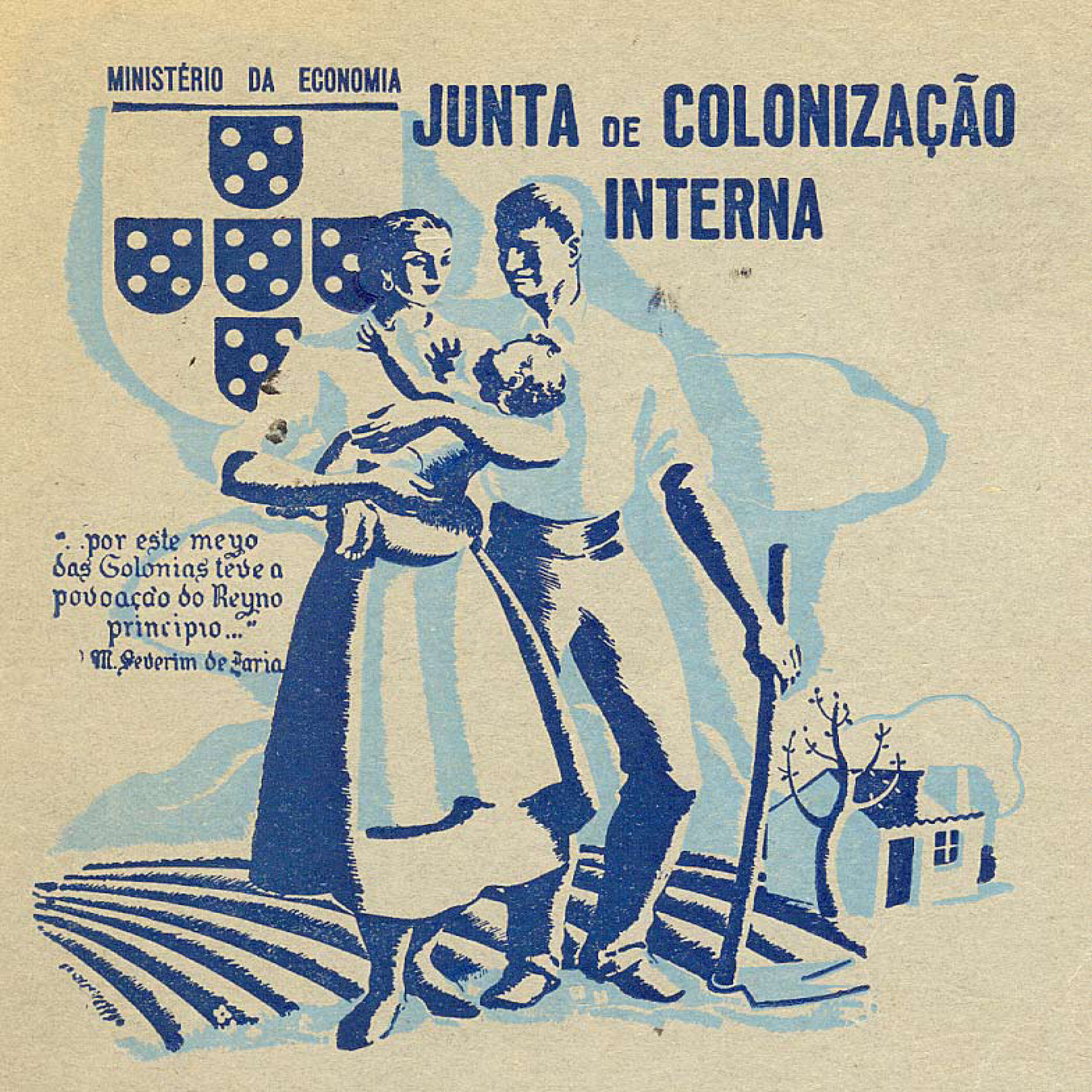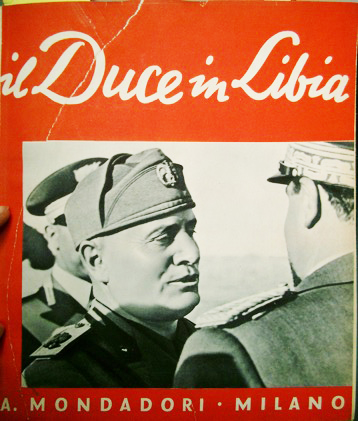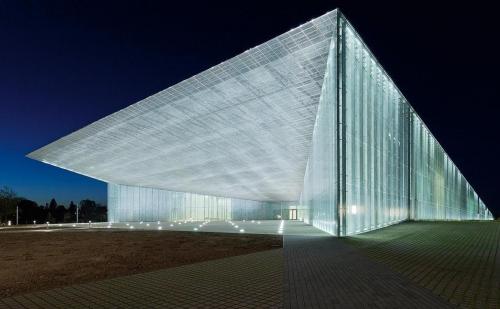
Modernist Reinventions of the Rural Landscapes
This project deals with rural landscapes produced by large-scale agricultural development and colonisation schemes planned in the twentieth century throughout Europe and beyond.
Conceived in different political and ideological contexts, such schemes were pivotal to nation-building and state-building policies, and to the modernisation of the countryside. They provided a testing ground for the ideas and tools of agronomists, environmental and social scientists, architects, engineers, planners, landscape architects and artists, which converged around a shared challenge. Their implementation produced new rural landscapes which have seldom been considered as a transnational research topic.
MODSCAPES aims to raise awareness of this largely underestimated shared cultural heritage which stands today as tangible evidence of recent European history. The project combines research-driven and bottom-up participatory activities. These are based on the collection, processing, elaboration and critical discussion of visual data and multiple narratives concerning 13 case studies located in seven EU and three non-EU neighbouring countries.
Prof. Luisa Moretto
Project Leader
Université libre de Bruxelles
Belgium
Using the concept of landscape as a unifying paradigm for a transdisciplinary approach to the topic’s tangible (the built environment) and intangible legacies (the related cultural and sociopolitical context), this project aims to establish its European relevance, but also to bridge research, practice and policy. Hence, it aspires to test its outcomes against the current challenges faced by modernist rural landscapes as a resource for future ‘reflective societies’ and ‘inclusive environments’.
MODSCAPES’ various deliverables engage and target diversified audiences to enable a better understanding of the common patterns and rich diversities which shaped our national identities and may help to support shared European narratives.
Project Partners
Prof. Luisa Moretto
Project Leader
Université libre de Bruxelles
Belgium
Dr Cristina Pallini
Politecnico di Milano
Italy
Prof. Maria Helena Teixeira Maia
Cooperativa de Ensino Superior Artística do Porto
Portugal
Dr Vittoria Capresi
Technische Universität Berlin
Germany
Prof. Simon Bell
Estonian University of Life Sciences
Estonia
Associate Partners
Ana Tostões
Docomomo International – Documentation and Conservation of Buildings, Sites and Neighbourhoods of the Modern Movement
Portugal
Inge Gotzmann
CIVILSCAPE: We are the landscape people!
Germany


